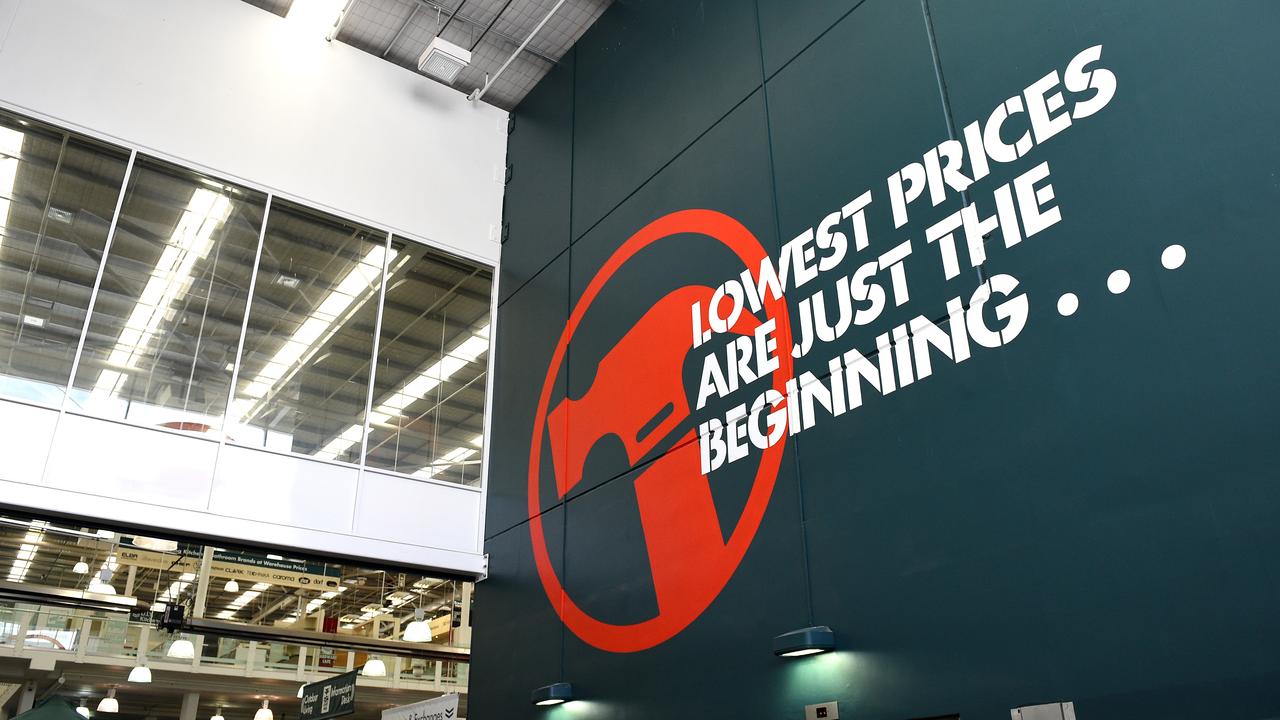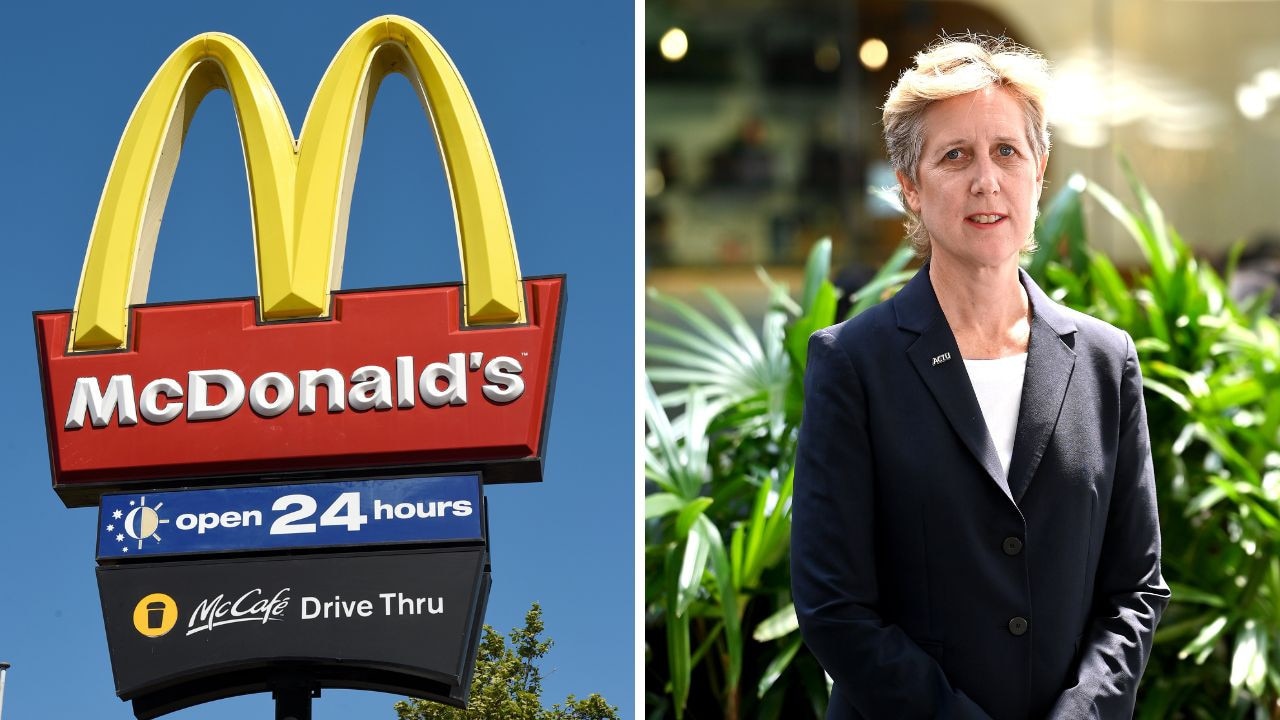Australian Fashion Labels has been saved, with a local business leader determined to lead by example and turn it around
Australian Fashion Labels is back in business with a saviour coming from left field with a plan to revitalise the business.
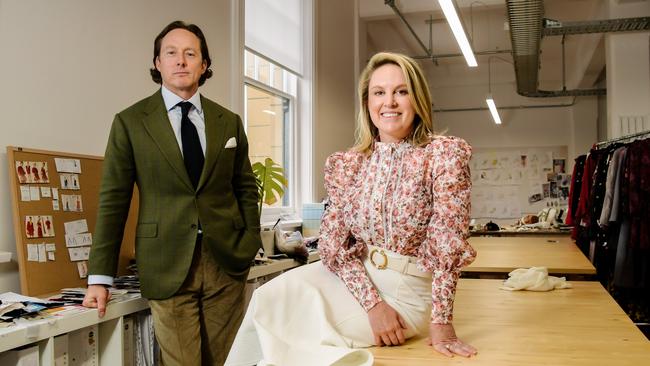
Australian Fashion Labels has been bought by a group of investors led by the state’s new chief entrepreneur Andrew Nunn, who is determined to turn the business around and help create a sustainable fashion industry in South Australia.
Mr Nunn, who was anointed as the state’s chief entrepreneur earlier this month, said he wanted to lead by example, and if businesses such as Australian Fashion labels disappeared, the jobs and skills they had built up over years would go with them.
Staff would get to work on Monday on getting the next season’s designs out to market, and Mr Nunn said the initial plan would be to employ about 30 of the 57 staff made redundant when the business was placed in administration in January.
Founders Melanie and Dean Flintoft would continue to work with the company in some capacity, Mr Nunn said.
Gift vouchers would be honoured, and the company’s website would be live from Saturday allowing customers to shop immediately.
Staff would be given an ownership stake in the business, in order to motivate them but also a recognition of the creative and demanding work they do, Mr Nunn said.
The company’s brands included Finders Keepers, C/MEO Collective, Keepsake and The Fifth Label.
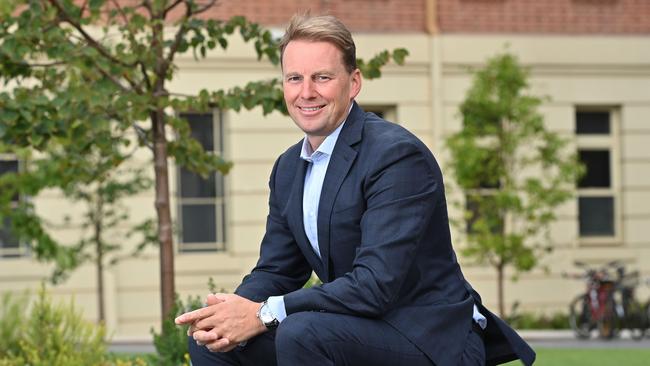
Buying the business was not just about the jobs saved, but also about preserving skills and creating and growing a high-value, niche industry, Mr Nunn said.
“They’ve done a great job building a brand, they obviously had problems with COVID-19, they had problems with too much debt to service,’’ he said.
“I guess with colleagues and like-minded friends talking about South Australian business, and South Australia not losing these sort of things, once you lose these skills sets they’re very hard to get back.
“If I link it back to my role as chief entrepreneur, I want the state to be better, stronger, smarter, faster, all the things that it should be.
“I think a bit of lateral thinking and the right connections could make it all work.’’
Mr Nunn, who founded engineering firm JBS&G in 2002, said fashion wasn’t his strong suit, but he and his fellow investors could bring the right processes into the business.
“I love the concept of it. Love the concept of applying the right business processes, getting the right people and incentivising them.’’
The key staff would own a share in the business, and Mr Nunn said the long-term view was that that stake would increase over time.
“Let’s get these people who have just been made redundant, they’ve worked their guts out, I imagine it’s a reasonably stressful environment in fashion, these people need to be rewarded and given a career path, otherwise the really good ones leave and go interstate. Then it’s such a big task to get them back.’’
Mr Nunn said he took inspiration from people such as Andrew Forrest, who recently bought Adelaide-based clothing and shoe company R.M. Williams, and was passionate about preserving and growing a great Australian brand.
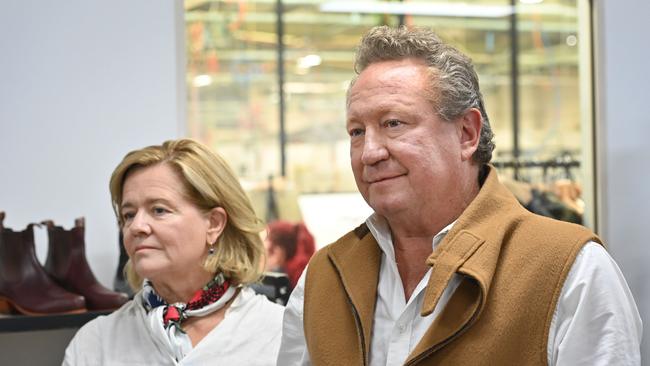
Mr Nunn said there were probably many other things he could invest in which would give a better return, but creating a sustainable business in Australian Fashion Labels had a wider mission in SA, with it feeding into relationships with TAFE and keeping creative people gainfully employed here.
The group of investors will pay an undisclosed sum for the business, and said terms had been negotiated with key suppliers which will allow the company to start up quickly.
It will be run by Sean Ebert, who Mr Nunn said has experience in business turnarounds, and in the initial stages will focus on online sales.
Mr Nunn said he was also keen to get the business talking to some of the companies at Lot Fourteen, to see how they could work with technologies such as virtual reality, to reduce the amount of returns in the business, which was an issue across the fashion industry.
Australian Fashion Labels’ $1.9m debt to the South Australian government and the money it owes to Bendigo and Adelaide Bank will be written off.
Overall the company owed a combined $11m to creditors when it collapsed, with the three main secured creditors being Bendigo and Adelaide Bank, the federal government’s Export Finance Australia (EFIC) and Tigers Logistics.


